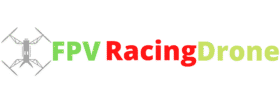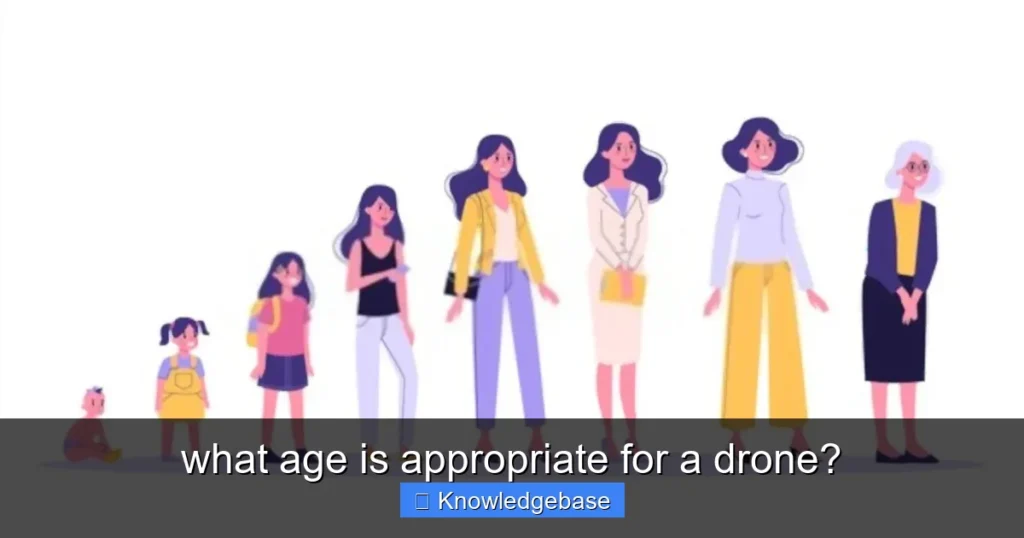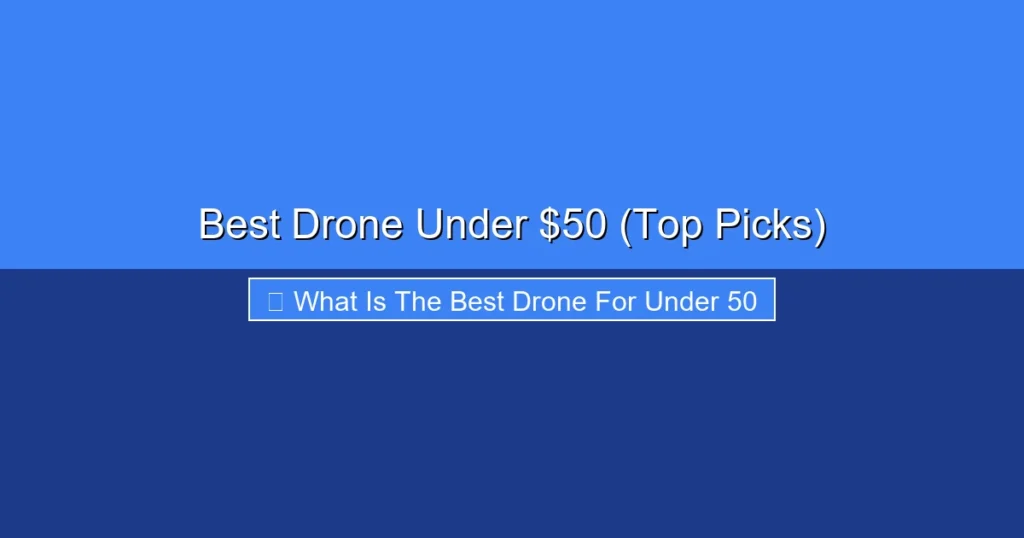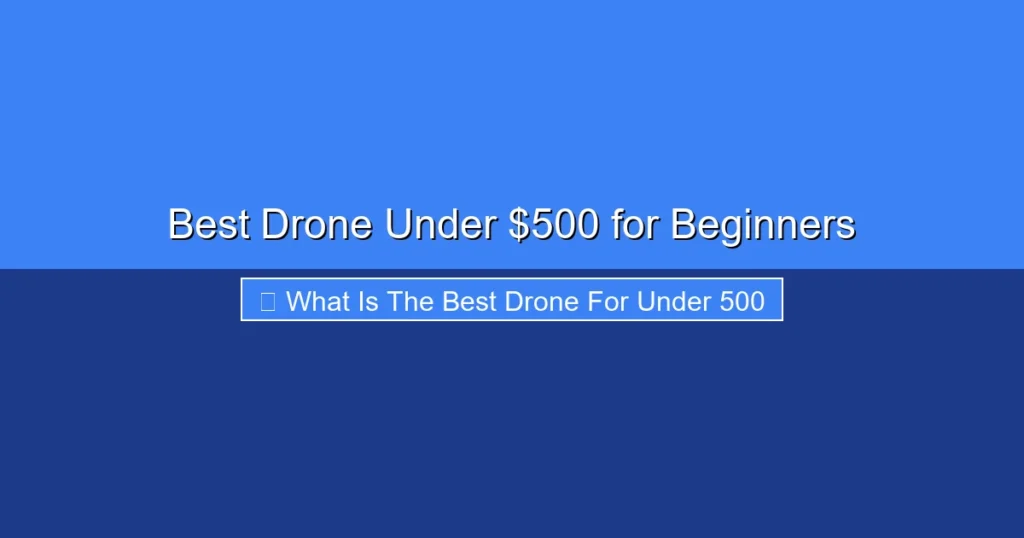
Featured image for this comprehensive guide about can you fly drones over private property?
The sky above us, once a vast and largely unrestricted expanse, is now home to an ever-growing fleet of unmanned aerial vehicles, commonly known as drones. From breathtaking cinematic shots to efficient industrial inspections, drones have revolutionized countless industries and hobbies. Yet, with their increasing ubiquity comes a complex web of legal and ethical questions, especially concerning the invisible lines that separate public airspace from private property.
One of the most frequently asked questions by both drone pilots and property owners alike is: can you fly drones over private property? It’s a question that delves deep into the intersection of federal aviation law, state and local ordinances, and fundamental private property rights. The answer, as you might suspect, isn’t a simple “yes” or “no.” Instead, it’s a nuanced landscape shaped by varying interpretations of airspace ownership, privacy expectations, and the specific intent behind a drone’s flight.
Understanding where you stand, whether you’re a drone operator planning your next flight or a homeowner concerned about a drone hovering near your window, is crucial. This comprehensive guide will navigate the intricate legal frameworks, ethical considerations, and best practices surrounding drone flights over private property, ensuring you’re equipped with the knowledge to fly responsibly and protect your rights.
Quick Answers to Common Questions
Can you fly drones over private property at all?
Generally, no, not without permission. While airspace rules exist, flying directly over someone’s private land without their consent can lead to privacy concerns and potential trespassing claims.
What if I’m flying really high up, can you fly drones over private property then?
Even at higher altitudes, flying a drone directly above private property can still be problematic. Many jurisdictions consider the immediate airspace above a property to be part of the owner’s domain, especially if it interferes with their enjoyment or privacy.
Can you take photos or videos of private property with a drone if you’re just flying over?
Definitely not without permission! Taking photos or videos of someone’s private property without their consent raises significant privacy concerns and could lead to legal action, even if you are just flying over it.
What if my drone just briefly passes over a small corner of private property?
While a brief pass might seem harmless, it’s still best to avoid it. The safest practice when you can you fly drones over private property is to always obtain explicit permission from the property owner to prevent any misunderstandings or legal issues.
So, what’s the golden rule if I need to fly a drone over private property for a legitimate reason?
Always, always seek explicit permission from the property owner beforehand. Clear communication and consent are your best friends to ensure you can fly drones over private property without any legal headaches or bad neighbor relations.
📋 Table of Contents
The Nuance of Airspace: Who Owns the Sky?
To truly answer can you fly drones over private property, we must first confront the age-old legal maxim: cujus est solum, ejus est usque ad coelum et ad inferos – “whoever owns the soil, owns also to the sky and to the depths.” While this traditional view of property ownership extends theoretically to the heavens, modern aviation has significantly reshaped its practical application.
Federal vs. State vs. Local Jurisdiction
In the United States, the federal government, primarily through the Federal Aviation Administration (FAA), has exclusive sovereignty over the “navigable airspace.” This federal control ensures a uniform and safe national airspace system for all aircraft, including drones. This means that any drone, regardless of its size or purpose, must adhere to FAA regulations.
| Aspect | General Principle (Legal/Privacy) | Important Considerations |
|---|---|---|
| **Airspace Trespass** | The FAA generally regulates airspace above 80-100 feet. Property rights usually extend to a “reasonable” height, which can vary by state interpretation (e.g., immediate space needed for enjoyment). | Flying *very low* (e.g., below 80 feet, depending on jurisdiction) or directly interfering with property use can be considered trespass. Local ordinances often define acceptable altitudes. |
| **Invasion of Privacy** | Even if legally flying over, using a drone to record or observe individuals in a place where they have a “reasonable expectation of privacy” (e.g., private yard, through windows) can be illegal. | This is often the primary legal risk. Laws against voyeurism, harassment, and surveillance apply. Consent is crucial if capturing identifiable individuals or private spaces. |
| **Shooting Down a Drone** | Property owners generally *do not* have the legal right to damage or shoot down a drone, even if it’s over their property. Drones are considered aircraft by the FAA. | Doing so can lead to severe federal (damaging an aircraft), state (property damage, reckless endangerment), and civil charges. Report nuisance flights to local authorities or the FAA. |
| **Local & State Laws** | While FAA controls airspace, state and local governments can enact laws concerning drone operations regarding privacy, noise, nuisance, and specific no-fly zones (e.g., public parks, critical infrastructure). | Always check local ordinances and state statutes. Some states (e.g., Texas, California) have specific laws limiting drone surveillance over private property. |
| **Recreational vs. Commercial** | Recreational drone pilots (Part 107 exemption) follow basic safety guidelines. Commercial pilots (FAA Part 107 certified) have stricter operational rules and often require waivers or permissions. | Both types of pilots must respect privacy, avoid flying over people, and adhere to local restrictions. Commercial flights over private land typically require explicit owner permission. |
However, below this federally defined navigable airspace lies a complex grey area. States and local municipalities often attempt to regulate the use of drones, particularly when it comes to privacy, surveillance, or nuisance. These regulations typically do not govern the *flight* itself, but rather the *activities* conducted by the drone or the *impact* of the drone on those on the ground. This creates a challenging patchwork quilt of laws for drone operators to navigate.
The “Navigable Airspace” Concept and Its Limits
The FAA defines “navigable airspace” as airspace above the minimum altitudes of flight prescribed by regulation, including airspace needed to ensure safety in aircraft takeoffs and landings. For manned aircraft, this generally means above 500 or 1,000 feet, but for drones, which often operate much lower, the distinction becomes blurry.
While the FAA asserts control over all airspace, including that immediately above private property, the courts have grappled with defining the lower limits of what constitutes private property rights extending upwards. Historically, rulings like United States v. Causby (1946) established that property owners possess exclusive control over the immediate reaches of the airspace above their land, to an extent necessary for the full use and enjoyment of the land. The court in Causby suggested this “immediate reaches” could be as low as 83 feet. However, this precedent was set long before drones existed and is continuously re-evaluated in the context of modern drone technology.
So, while the FAA permits drones to fly up to 400 feet AGL (above ground level) in uncontrolled airspace, flying over someone’s private property at, say, 50 feet, could still infringe upon their reasonable expectation of privacy or constitute a form of trespass, depending on state and local laws.
FAA Regulations and Drone Operations
The FAA’s primary mandate is aviation safety, not privacy. Therefore, its regulations for drones focus on safe flight operations, which indirectly impact where and how you can fly drones over private property. All drone pilots must understand these foundational federal rules.
Recreational vs. Commercial Drone Use (Part 107 vs. TRUST)
The FAA distinguishes between recreational and commercial drone operations, each with its own set of rules:
- Recreational Operators: If you fly a drone purely for fun, you must pass The Recreational UAS Safety Test (TRUST) and follow the safety guidelines of community-based organizations. Key rules include flying within visual line of sight, not interfering with manned aircraft, and not operating in a careless or reckless manner.
- Commercial Operators (Part 107): If you fly a drone for any business purpose (even if you’re not getting paid directly), you must obtain a Remote Pilot Certificate under Part 107. Part 107 rules are more stringent, covering operational limitations, airspace authorizations (like LAANC), and pilot responsibilities.
Regardless of the operating category, FAA rules universally prohibit flying a drone in a way that endangers people or property on the ground. This broad prohibition forms a baseline for responsible operation, even when flying near or over private property.
Key FAA Rules Affecting Private Property
While the FAA doesn’t explicitly prohibit flying over private property, several regulations influence the legality and ethics of such flights:
- Visual Line of Sight (VLOS): All drone operations must remain within the pilot’s VLOS. This prevents a pilot from flying a drone far out of sight, potentially over distant private properties where they cannot monitor the drone’s impact.
- Maximum Altitude: Drones are generally restricted to a maximum altitude of 400 feet AGL in uncontrolled airspace (Class G). While this is well above most immediate property concerns, it’s still far below traditional manned aircraft altitudes.
- No Careless or Reckless Operation: This catch-all rule means pilots cannot operate a drone in a manner that endangers the life or property of another. Hovering menacingly close to someone’s window, for example, could be deemed reckless.
- Airspace Restrictions: Drones are prohibited from flying in certain controlled airspaces (Classes B, C, D, E) without prior authorization (often via LAANC). These restrictions can frequently encompass private properties within airport flight paths or military bases.
It’s vital to remember that complying with FAA regulations is the minimum requirement. It does not automatically grant you permission to disregard state or local laws or private property rights. The FAA’s focus on safety is distinct from a property owner’s right to privacy or peaceful enjoyment of their land.
Private Property Rights and Privacy Concerns
This is where the direct conflict arises: the drone’s ability to fly over property versus the property owner’s right to privacy and peaceful enjoyment. While federal law governs the airspace, state and local laws often protect individuals from intrusion.
Reasonable Expectation of Privacy
The concept of a “reasonable expectation of privacy” is central to drone laws concerning private property. This legal standard, derived from Fourth Amendment protections, assesses whether an individual has a subjective expectation of privacy that society is prepared to recognize as objectively reasonable. For instance, most people have a reasonable expectation of privacy within their homes, fenced yards, or other areas not visible from public vantage points.
A drone equipped with a camera, hovering at a low altitude over a private residence or a secluded backyard, could easily violate this expectation. The key here is intent and observation. Is the drone simply passing over at a high altitude, or is it deliberately loitering and capturing images of private activities or areas?
Many states have laws addressing surveillance, voyeurism, or trespassing that can be applied to drone operations. For example, some states explicitly prohibit using a drone to photograph or record an individual on private property without their consent, particularly if they have a reasonable expectation of privacy.
Trespass and Nuisance Laws
Even if a drone doesn’t directly land on private property, its operation can still constitute trespass or nuisance under certain circumstances:
- Trespass: While a physical intrusion onto land is the traditional definition, some legal interpretations suggest that persistent, low-altitude flights over private property, especially if accompanied by surveillance, could be considered an “aerial trespass.” This is particularly true if the drone interferes with the owner’s use and enjoyment of their land.
- Nuisance: Drone noise, especially from larger or older models, can be significant. If a drone repeatedly hovers over a property, creating excessive noise, it could be deemed a private nuisance, interfering with the property owner’s right to peaceful enjoyment of their land. This is more likely to apply to prolonged or intentional disturbances rather than brief flyovers.
The enforceability of these claims against drone pilots often depends on the specific facts of the case, including the drone’s altitude, duration of flight, intent of the pilot, and the level of intrusion or disturbance caused.
State and Local Laws: The Patchwork Quilt
While the FAA controls the airspace, individual states and municipalities have increasingly enacted their own legislation to address the privacy and safety concerns posed by drones. This creates a complex legal environment where can you fly drones over private property often depends on your exact geographical location.
Varied Approaches Across Jurisdictions
The federal government generally preempts state and local governments from regulating the actual flight of aircraft within the national airspace. However, states and localities are within their rights to regulate drone use in areas concerning traditional state law matters, such as privacy, trespass, nuisance, and law enforcement. This has led to a diverse range of laws:
- Some states have comprehensive drone laws, while others have none.
- Many laws focus on prohibiting drone surveillance of private property without consent.
- Other laws establish specific no-fly zones over sensitive areas like critical infrastructure, prisons, or even private events.
- Some local ordinances might require permits for drone operations in public parks or over specific city areas, which could include private properties within those zones.
This variability means that what is permissible in one state or city may be strictly prohibited just across the border. Ignorance of these local laws is not a valid defense.
Examples of State-Specific Drone Laws
Here are some examples of how states have tackled drone regulation (note: laws are constantly evolving, so always check current statutes):
- Florida: The “Freedom from Unwarranted Surveillance Act” prohibits using a drone to record an image of privately owned real property or its occupant, with the intent to conduct surveillance, without consent.
- Texas: Has specific laws prohibiting drone imaging over critical infrastructure (like power plants) and also against using drones to capture images of individuals on private property with intent to conduct surveillance.
- California: Has several laws, including one that makes it illegal to fly a drone into the airspace above private property to capture images or recordings of a person engaging in a private, personal, or family activity without their consent.
- North Carolina: Prohibits using a drone to conduct surveillance of a person or property without consent, and also has specific provisions for law enforcement use.
These examples highlight a common theme: states are primarily concerned with preventing unauthorized surveillance and protecting the reasonable expectation of privacy on private property. For drone pilots, this means a thorough understanding of local laws is as important as knowing federal FAA regulations.
Best Practices for Responsible Drone Piloting Over and Around Private Property
Given the complex legal landscape and the potential for conflict, responsible drone piloting goes beyond merely following the letter of the law. It requires an understanding of ethical considerations and a commitment to respecting others’ rights. Here are actionable tips for anyone asking can you fly drones over private property responsibly:
Communication is Key
- Ask for Permission: The simplest and most effective way to avoid issues is to seek explicit permission from the property owner before flying over their land, especially if you intend to hover, take photos/videos, or if your flight path is low. A brief conversation can prevent a lot of headaches.
- Notify Neighbors: If you’re flying your drone on your own property, but its flight path might extend over a neighbor’s yard, consider giving them a heads-up, especially if they have children or pets. Transparency builds trust.
Respecting Boundaries and Expectations
- Maintain Altitude: While FAA allows up to 400 feet, flying at a lower altitude directly over someone’s property increases the likelihood of privacy invasion or nuisance claims. Opt for higher altitudes when transiting over private land to minimize intrusion.
- Avoid Loitering: Briefly passing over private property at a reasonable altitude is generally less problematic than hovering persistently. Intentional and prolonged hovering, especially near windows or private areas, is a strong indicator of privacy invasion.
- Be Mindful of Noise: Drones generate noise. Consider the time of day and the duration of your flight. What might be acceptable during the day could be a nuisance early in the morning or late at night.
- Delete Sensitive Footage: If your drone accidentally captures images or video of private individuals or activities without their consent, be prepared to delete the footage immediately.
- Check for Visual Barriers: If you can see over fences or into windows from public airspace, a drone might be able to too. But the expectation of privacy is much higher for activities within a private residence or a secluded backyard.
Adhering to the “Four Ds” of Drone Ethics
Adopt a framework of responsible drone operation, often summarized as the “Four Ds”:
- Don’t Disturb: Minimize noise and avoid causing undue anxiety or fear to people or animals on the ground.
- Don’t Damage: Ensure your drone is in good working order and fly safely to prevent crashes that could damage property or injure individuals.
- Don’t Disclose: Never share or publish images or videos of private individuals or their property without explicit consent, especially if the footage invades their privacy.
- Don’t Deceive: Be transparent about your intentions if asked. Do not use your drone for purposes that would be considered unethical or illegal if done from the ground.
Adhering to these best practices will not only help you stay within legal boundaries but also contribute to a positive public perception of drone technology.
Here’s a summary of key considerations for both drone pilots and property owners:
| Aspect | Recreational Drone Pilot | Commercial Drone Pilot | Property Owner |
|---|---|---|---|
| FAA Airspace Rules | Must follow (TRUST, VLOS, 400ft max) | Must follow (Part 107, LAANC, VLOS, 400ft max) | Protected by federal safety standards |
| Privacy Concerns | High risk if intruding; avoid surveillance | Higher scrutiny for commercial operations; consent crucial | Primary concern; right to reasonable expectation of privacy |
| Trespass/Nuisance | Possible for low, persistent, or noisy flights | Higher liability for operational disturbances | Legal basis for action against intrusive drones |
| Consent for Filming | Recommended/often required by state/local law for private property | Often explicitly required, especially for commercial use | Can grant or deny permission to film on/over property |
| State/Local Ordinances | Crucial to research for privacy/surveillance laws | Essential for compliance, often more stringent | Can advocate for and utilize local drone regulations |
| Best Practice | Ask permission, fly high, don’t hover, respect privacy | Communicate, get waivers, respect property rights | Communicate concerns, know your rights, document incidents |
Conclusion
The question, can you fly drones over private property, is not as straightforward as it might seem. The answer lies in a delicate balance between federal airspace supremacy, evolving state and local privacy laws, and fundamental private property rights. While the FAA governs the safety of flight, it’s often state and local statutes that address the concerns of property owners regarding privacy, surveillance, and trespass.
For drone pilots, this means a multi-layered approach to legal compliance. It’s not enough to simply pass your TRUST certificate or hold a Part 107 license; you must also be acutely aware of the specific laws in your operating area, particularly those pertaining to privacy and property. Responsible piloting demands a proactive understanding of these regulations and a commitment to ethical conduct that respects the peace and privacy of others. Always assume a reasonable expectation of privacy exists, and when in doubt, seek permission.
For property owners, understanding your rights is equally important. While you cannot unilaterally prohibit a drone from flying through federally controlled airspace above your property, you do have significant recourse against drones that intrude on your reasonable expectation of privacy, cause nuisance, or violate state-specific surveillance laws. As drone technology continues to advance, the legal landscape will undoubtedly evolve further, making continuous education and respectful dialogue essential for all parties involved.
🎥 Related Video: Drones Flying Over Private Property – Can You Stop Them?
📺 51 Drones
Do you own the airspace above your property? How much do you own? Can a drone fly into it legally? If you want to learn more …
Frequently Asked Questions
Can I fly my drone directly over someone else’s private property without permission?
Generally, federal regulations allow drones to fly in navigable airspace, which can include areas above private property. However, state and local laws often impose restrictions, especially concerning privacy and trespassing. It’s best practice to obtain permission, or at the very least, avoid lingering directly over someone’s private land to prevent conflicts.
Do I need permission to fly a drone over private land?
While federal law often allows flight in public airspace above private property, many state and local ordinances restrict flights that intrude on privacy or are considered harassment. For safety and neighborly relations, especially when flying at lower altitudes or for an extended period, seeking permission is highly recommended. This helps avoid potential conflicts or legal issues.
What are the privacy implications of flying drones near private homes?
Flying drones near private homes raises significant privacy concerns, as it can be seen as an invasion of solitude or an attempt to observe private activities. Even if legally flying in navigable airspace, recording or photographing individuals on private property without their consent could lead to legal challenges. Always be mindful and respectful of others’ privacy when operating your drone.
Can a property owner legally shoot down or interfere with a drone flying over their land?
No, property owners generally do not have the legal right to shoot down or interfere with a drone flying over their land, even if it feels intrusive. Drones are considered aircraft by the FAA, and damaging an aircraft is a federal offense. Instead, if a drone is causing a nuisance or privacy violation, it’s best to report it to local authorities or the FAA.
What if my drone accidentally lands on someone else’s private property?
If your drone accidentally lands on private property, you should not trespass to retrieve it without permission. Doing so could lead to charges of trespassing. The best approach is to politely ask the property owner for permission to retrieve your drone, explaining the situation and offering to compensate for any inconvenience.
Are there specific altitude restrictions for drones when flying over private property?
Federal regulations generally allow drones to fly up to 400 feet above ground level, which can include airspace above private property. However, state and local laws, especially those related to privacy and nuisance, might effectively limit how low you can fly over private residences without causing issues. Always be aware of local ordinances and the potential for disturbing residents below.



